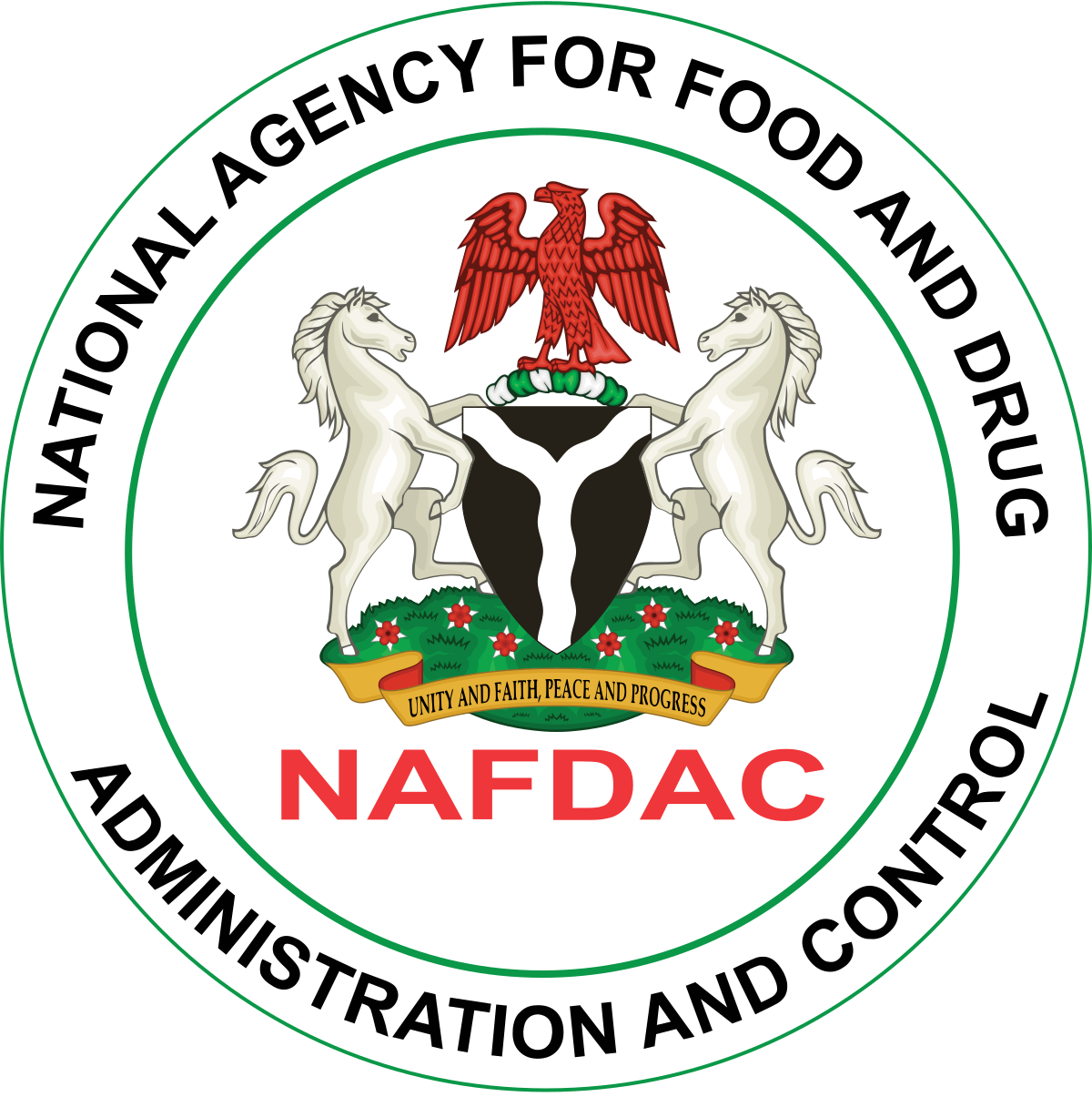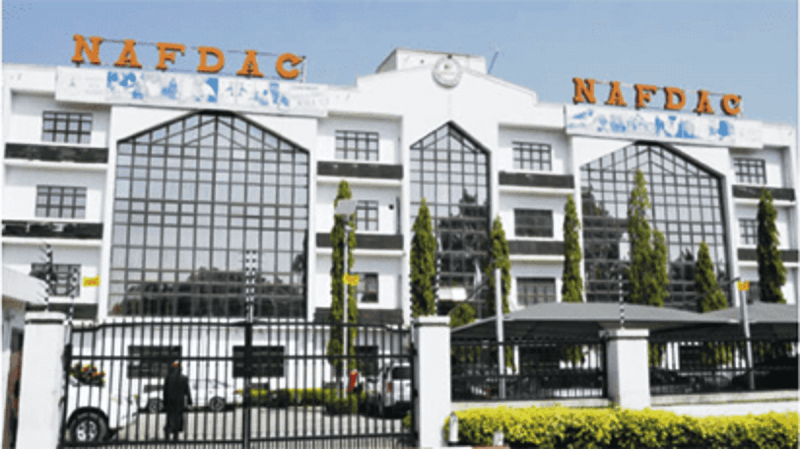Prof. Mojisola Adeyeye, the Director-General of the National Agency for Food and Drug Administration and Control (NAFDAC), says the agency will expand its directorates to promote greater and more impactful management.
Adeyeye made this known at a news conference on Wednesday in Abuja while reeling out the agency’s strategic goals for the years 2023-2028.
President Muhammadu Buhari on Dec. 30, 2022, reappointed Adeyeye as the director general of the agency for a second term
Adeyeye said continuation of meaningful deployment of human capital, sustained strong governance and obtaining approval for Hazard and Regulatory Allowances were among her goals.
The director general also said she would secure approval for Scheme and Condition of Service as well as ensure well trained staff for SAP account software.
Adeyeye added that she would increase the Internally Generated Revenue (IGR) of the agency.
The director general further said that she would use additional media outlets to disseminate information on NAFDAC activities.
“There will be use of Twitter, Facebook, LinkedIn, drama and comedy artistes to convey importance of quality, safe, efficacious and wholesome regulated products as well as make media parley more structured,” she said.
Adeyeye promised to sustain the transformation agenda she started in 2017 during her second term.
She said one of the achievements in her first term was maintaining a well disciplined and motivated workforce, adding that she also eliminated substandard and falsified medicines.
The director general said fighting the menace of unsafe and illicit drugs were part of her priorities, adding that she aligned NAFDAC with international standards on food, drug and water.
Adeyeye said she met the agency with glaring symptoms of sundry administrative and procedural lapses such as a huge debt of N3.2 billion and dismally low Internally Generated Revenue of N700 million.
She also said the skewed nominal roll revealed a disregard for the requirements for federal character with a non post-marketing good distribution practice and surveillance.
Adeyeye commended the president over her reappointment and National Assembly members as well as international agencies for their support.




